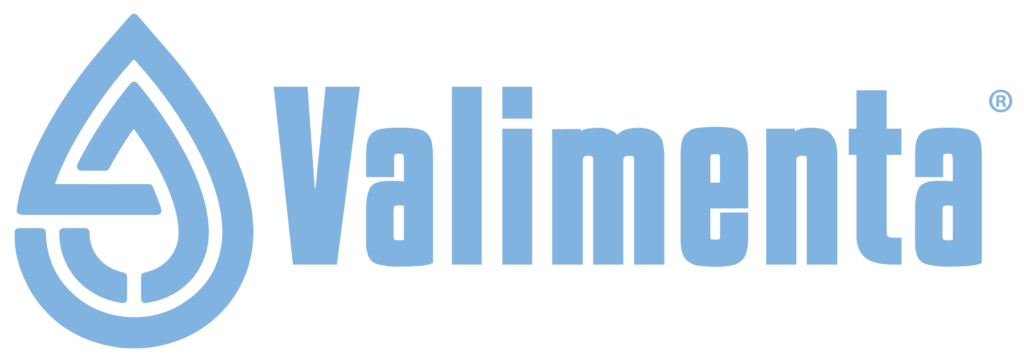Iron plays an important role in maintaining brain function. Some of the ways that iron can help with brain function include:
- Oxygen Transport: Iron is an essential component of hemoglobin, a protein in red blood cells that carries oxygen to all the cells in the body, including the brain. Without enough iron, the brain may not receive enough oxygen, which can lead to cognitive impairment.
- Brain Development: Iron is essential for the growth and development of the brain, particularly during the early stages of life. Iron deficiency in infants and young children can lead to developmental delays and cognitive impairment.
- Synapse Formation: Iron is needed for the formation of synapses, which are the connections between nerve cells in the brain that allow for communication and the transfer of information.
- Myelination: Iron is needed for the myelination of nerve cells, a process that helps to speed up the transmission of nerve impulses and improve overall brain function.
- Neurotransmitters: Iron is necessary for the synthesis of neurotransmitters, which are chemicals that transmit signals in the brain. A lack of iron can lead to a shortage of neurotransmitters, which can affect mood.
Vitamin C and iron work together in the production of collagen, eating collagen rarely provides the desired results:
Vitamin C is an essential nutrient that is required for the production of collagen. It plays a key role in the hydroxylation of proline and lysine, which is a process that is necessary for the formation of stable collagen molecules. Vitamin C also helps to activate enzymes that are involved in collagen synthesis, and it plays a role in the cross-linking of collagen fibers, which is necessary for the formation of strong, stable connective tissues.
Iron, on the other hand, is a cofactor that is necessary for the hydroxylation of proline and lysine. It is also required for the formation of elastin, another protein that is essential for maintaining the strength and elasticity of skin. Iron is also needed for the formation of blood vessels, which are necessary for delivering oxygen and nutrients to the cells that produce collagen.
Vitamin C and iron work together to ensure that collagen is produced in an efficient way. The Vitamin C activates the enzymes needed for collagen production, and iron being a cofactor it helps to make the process stable. Without enough vitamin C and iron, collagen production can be impaired, leading to weak or damaged connective tissues, which can result in wrinkles, dry skin and other signs of aging.

